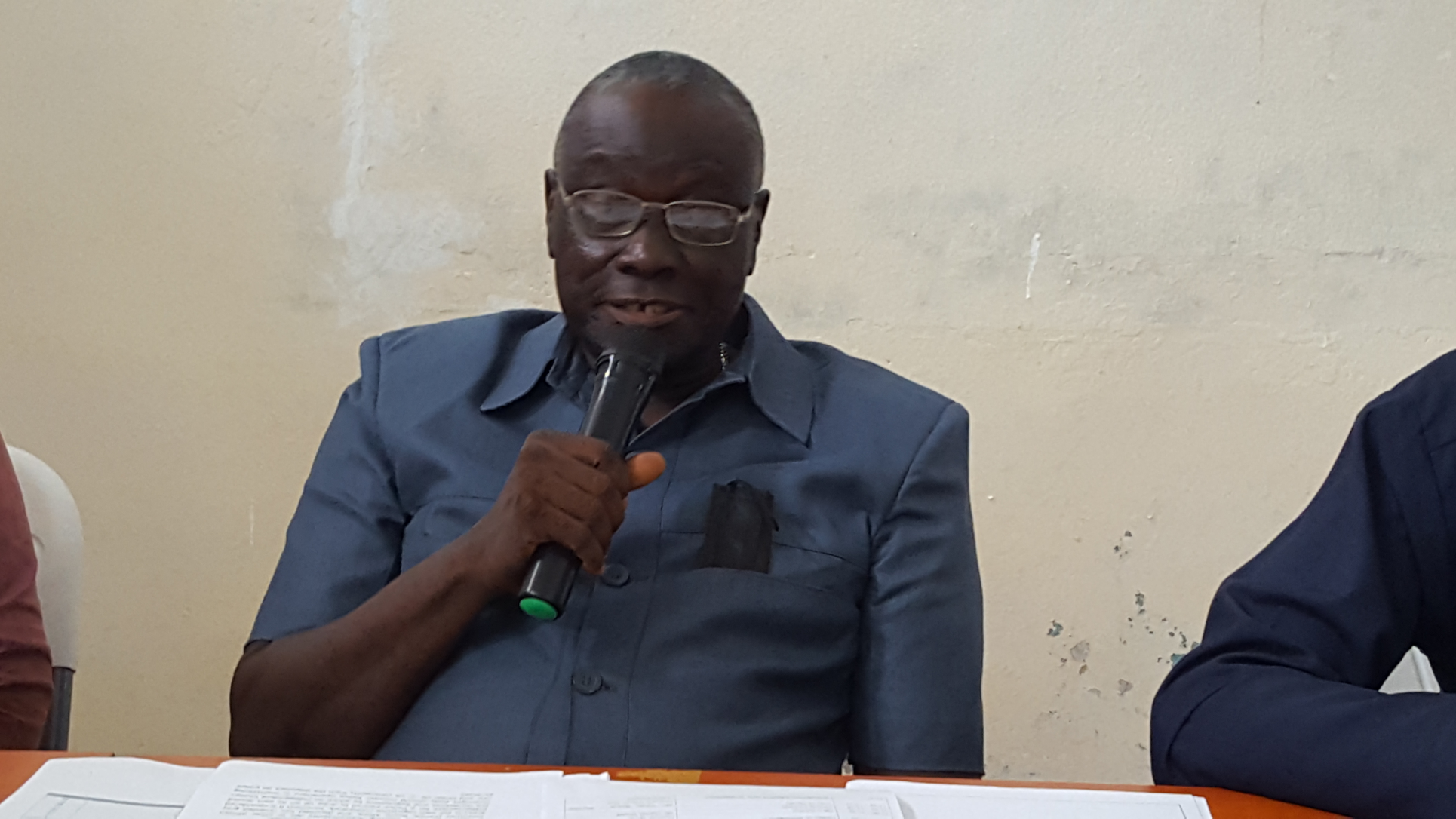By Ibrahim Joenal Sesay
FREETOWN, Jan. 26 (232news.com) – The Independent Police Complaints Board (IPCB) during a day media facilitation event disclosed that they are challenged with the regulations, low staff capacity, low financial support and lack of mobility.
These was disclosed to participants by IPCB Chairman, Richard Shealton Freeman on Friday 10th December, 2021 at IPCB headquarters in Freetown during his presentation on the review of the IPCB regulations, 2013.
Shealton Freeman described the IPCB Regulations which was formed by the Police Council as one that is not reader friendly and lacked table of contents.
He emphasized that the Board realized that there are key areas if not addressed, they will not achieve their mandate.
He pointed out that the Regulations 2013 only address the Sierra Leone Police leaving behind other Policing such as the Metropolitan and Chiefdom Police.
He added that Regulations 2013 did not spell out the functions of the Secretary and that while the reform is in progress, they have signed two MoUs with the Sierra Leone Police.
“Why did we need an MoU with the Police? We are called Independent but we are not independent because we have no power to prosecute and arrest”
He also spoke about the need for them to transform from a Board to Commission which he said the ministry of Finance asked them to wait for 2023.
Giving an update on the communications and complaints activities IPCB Programme and Communications Officer, Amadu Femoh Sesay disclosed that the complaints management forms is a critical component of the work of the IPCB.
He said during 2021, IPCB recorded 41 cases, 30 were assessed and placed for investigation, while 11 cases are waiting for review by the Complaints Handling Committee.
He said some of their recommendations are being addressed by the appropriate authorities.
The IPCB is a non-departmental public body established in July 2013 by the Police Council under Section 158 (2) of the Constitution of Sierra Leone 1991 (Act No. 6 of 1991) with a principal responsibility continues to be focused predominately on securing and maintaining public trust and confidence in its complaints and investigations management.
The agency as an independent civilian oversight body, therefore, operates within the Security Sector Reform architecture ensuring democratic governance of the security sector on the basis of the rule of law being recognized as crucial to securing peace and sustainable development.

